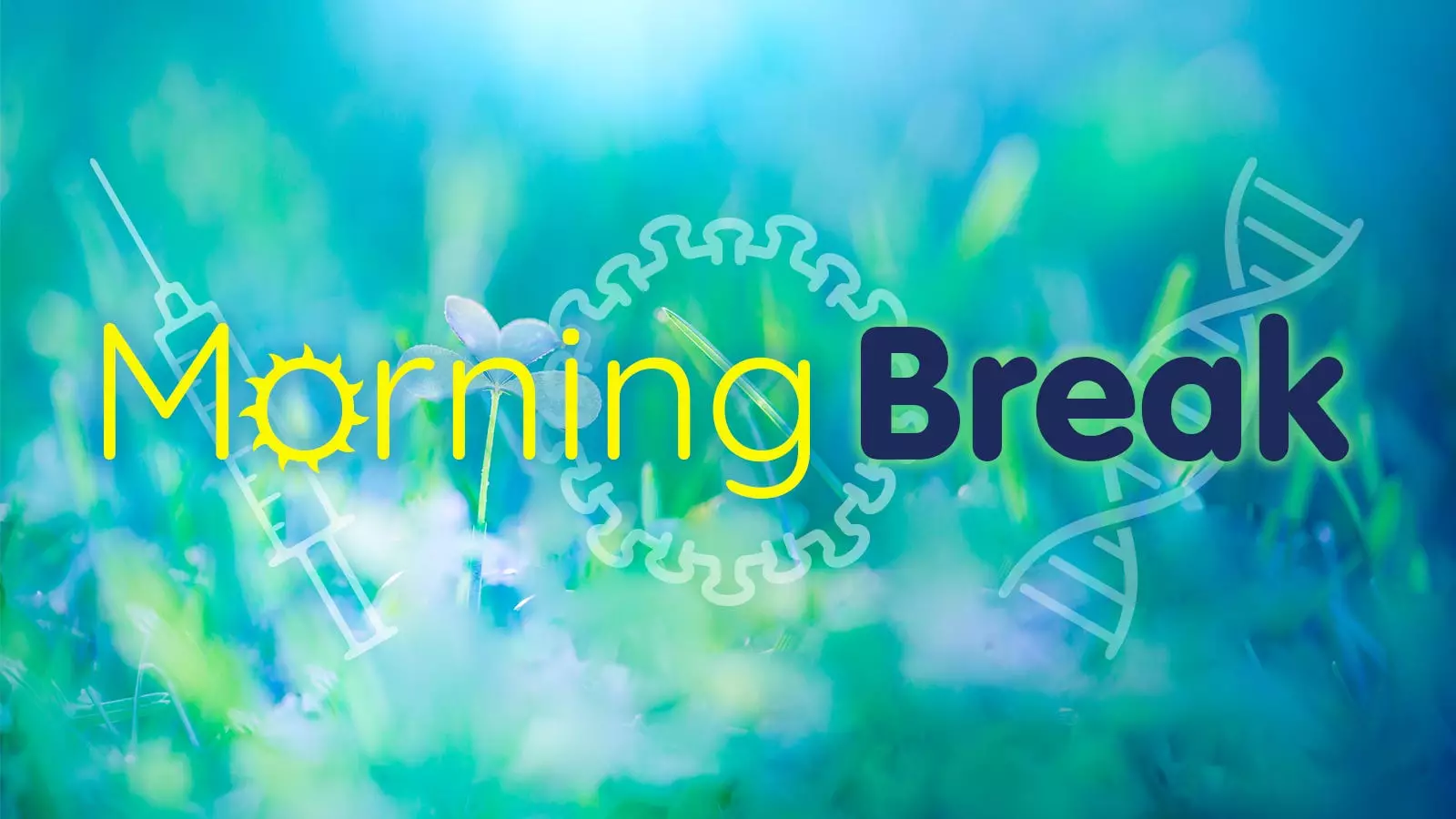The world today is an intricate web of interconnected events spanning various sectors, notably healthcare, politics, and social issues. This article aims to unravel some of the most pressing stories that shape our environment, with an analytical lens scrutinizing the implications of each revelation, allowing us to better understand their interrelated impacts.
One of the most shocking headlines involves the reported murder of Brian Thompson, CEO of UnitedHealthcare, in Manhattan. This incident raises critical questions about workplace safety and the ongoing risks faced by leaders in high-stakes industries. In an era where executives often face threats, the implications extend far beyond mere criminality; they seep into corporate governance and employee morale. The chilling nature of a targeted attack on a healthcare leader underscores the pressing need for enhanced security measures and protocols.
In another area of concern, the discovery of an unknown disease in the Democratic Republic of Congo has led to a tragic toll of 143 lives lost due to high fevers and severe headaches. This outbreak not only highlights the vulnerabilities of healthcare structures in certain regions but also reflects the global implications of health crises. As diseases know no borders, the call for responsive public health infrastructures and international cooperation grows louder. Local officials must act quickly to identify the disease, develop effective treatments, and deploy resources aimed at prevention.
The Evolving Landscape of Health Policy
Turning to the political realm, significant changes are on the horizon for Medicaid funding as the Trump administration deliberates cuts to federal support for its expansion. This decision could strip over 3 million individuals across nine states of their healthcare coverage, igniting a political firestorm over health equity. As the safety net that Medicaid provides becomes increasingly threadbare, advocates for vulnerable populations are left grappling with the devastating consequences. The ongoing debate underscores the critical nature of healthcare as both a necessity for living and a political bargaining chip.
Moreover, the announcement from California’s Department of Public Health to suspend raw milk production following the detection of the bird flu virus raises critical questions about food safety and public health policies. This incident not only reflects the complexities of food supply chains but also highlights how agricultural practices must adapt to emerging health threats. The balance between production and consumer safety continues to be a tightrope that various sectors walk daily.
Strikes and Labor Movements in Healthcare
In a bid for better working conditions, residents and fellows at George Washington University Hospital have initiated a strike to demand improved pay and mental health benefits. This movement is emblematic of a wider trend across the healthcare industry, where staffing shortages and burnout continue to plague healthcare professionals. Strikes are not merely acts of defiance but serve as powerful statements to highlight systemic issues within healthcare institutions. The motivation for better mental health support indicates a growing acknowledgment of the importance of psychological well-being in maintaining an effective healthcare workforce.
Furthermore, studies have revealed alarming statistics regarding the rising prevalence of vaping. The findings show that individuals who both vape and smoke are less likely to quit than those who exclusively engage in one or the other. This trend necessitates more comprehensive public health messages and targeted cessation programs that address the complexities of dual-use behaviors.
Research into health misinformation suggests that challenges in addressing falsehoods will continue to escalate, especially as we look towards 2025. The proliferation of social media has led to a rapid spread of misleading information related to health, complicating the landscape for public health policies. As misinformation becomes more sophisticated, public health officials must adapt their strategies to ensure accurate messaging reaches the public effectively.
While healthcare professionals grapple with these challenges, legislation affecting clinical practices cannot be overlooked. The example of a Colorado doctor facing termination for counseling a patient regarding medical aid in dying shines a spotlight on the ethical dilemmas that persist in the healthcare industry. The intersection of personal beliefs and patient rights unfolds a delicate balance that demands a thoughtful partisan approach.
The currents of healthcare, politics, and societal impacts intertwine to create a complex landscape of challenges and opportunities. Vigilance, collaboration, and proactive policymaking will be paramount in addressing these multifaceted issues as they continue to evolve on local and global stages. Understanding and analyzing these trends can better inform stakeholders in navigating the intricate world of healthcare.


Leave a Reply